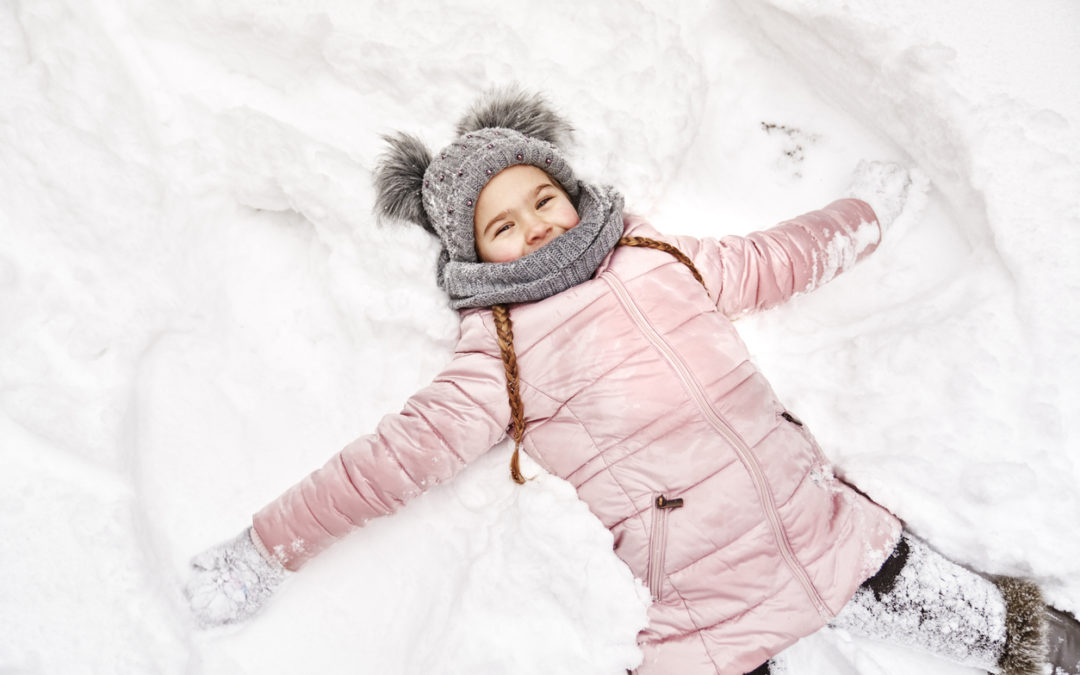The first snow of the season brings flurries of excitement.
This year, it also brought power outages, school closings, and more. A few days in, the picture perfect winter days filled with snow angels and snowmen, hot cocoa, and cold-weather hikes are starting to lose their luster.
In a world that’s dealt with social distancing, remote activities, and Covid fears for the past two years, cabin fever can set it more quickly than in snow days past.
Luckily, there are steps you can take to overcome cabin fever.
First, what is cabin fever?
Cabin fever describes the psychological symptoms that people may experience when they are unable to leave their home and engage in social interaction.
-Medical News Today
How do you know if you’ve got a case of cabin fever? Verywell lists the following symptoms:
- Changes in sleep patterns
- Decreased motivation
- Difficulty waking
- Food cravings
- Frequent napping
- Hopelessness
- Lack of patience
- Lethargy
- Sadness or depression
- Trouble concentrating
So what do you do if you recognize these symptoms? Here are a few ways to cope with cabin fever:
- Eat healthy. Yup, that’s pretty much always a coping skill. It can be tricky when you’re stuck at home and/or without power. Start eating your healthy perishable foods first. Then, opt for choices like whole grain bread with peanut butter and jelly. You might not be able to have fresh salads, but do try to limit your consumption of sugar, fat, and alcohol.
- Get out of the house. Shovel snow. Build a snowman. Have a snowball fight. If your road isn’t icy, walk around the block.
- Exercise. If you can’t get out of the house, find ways to exercise at home. You can use common pantry items for weights.
- Keep regular sleep patterns.
- Make a gratitude list.
- Keep your brain active.
For the last item, here are some activity sheets for adults and children:




